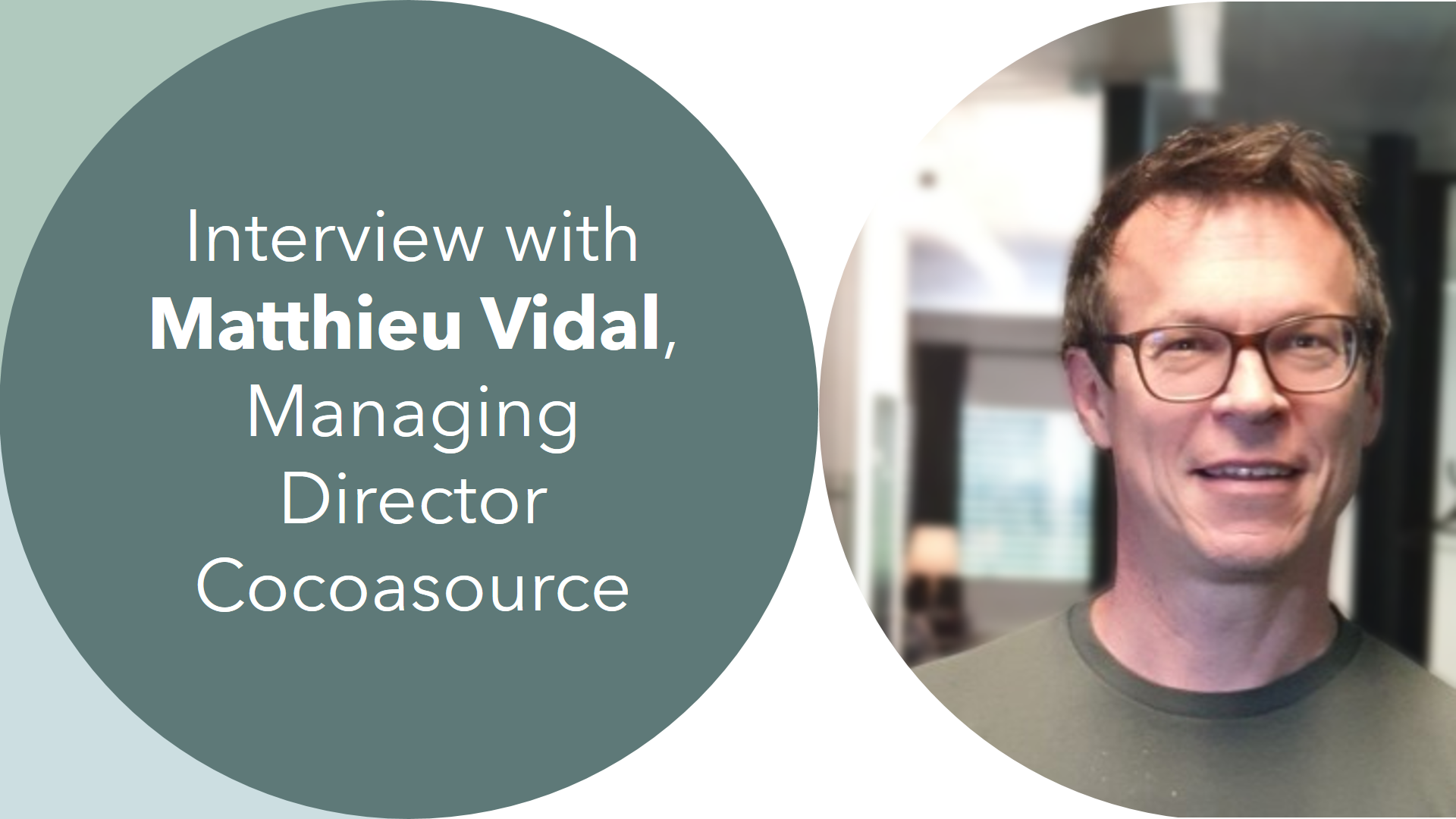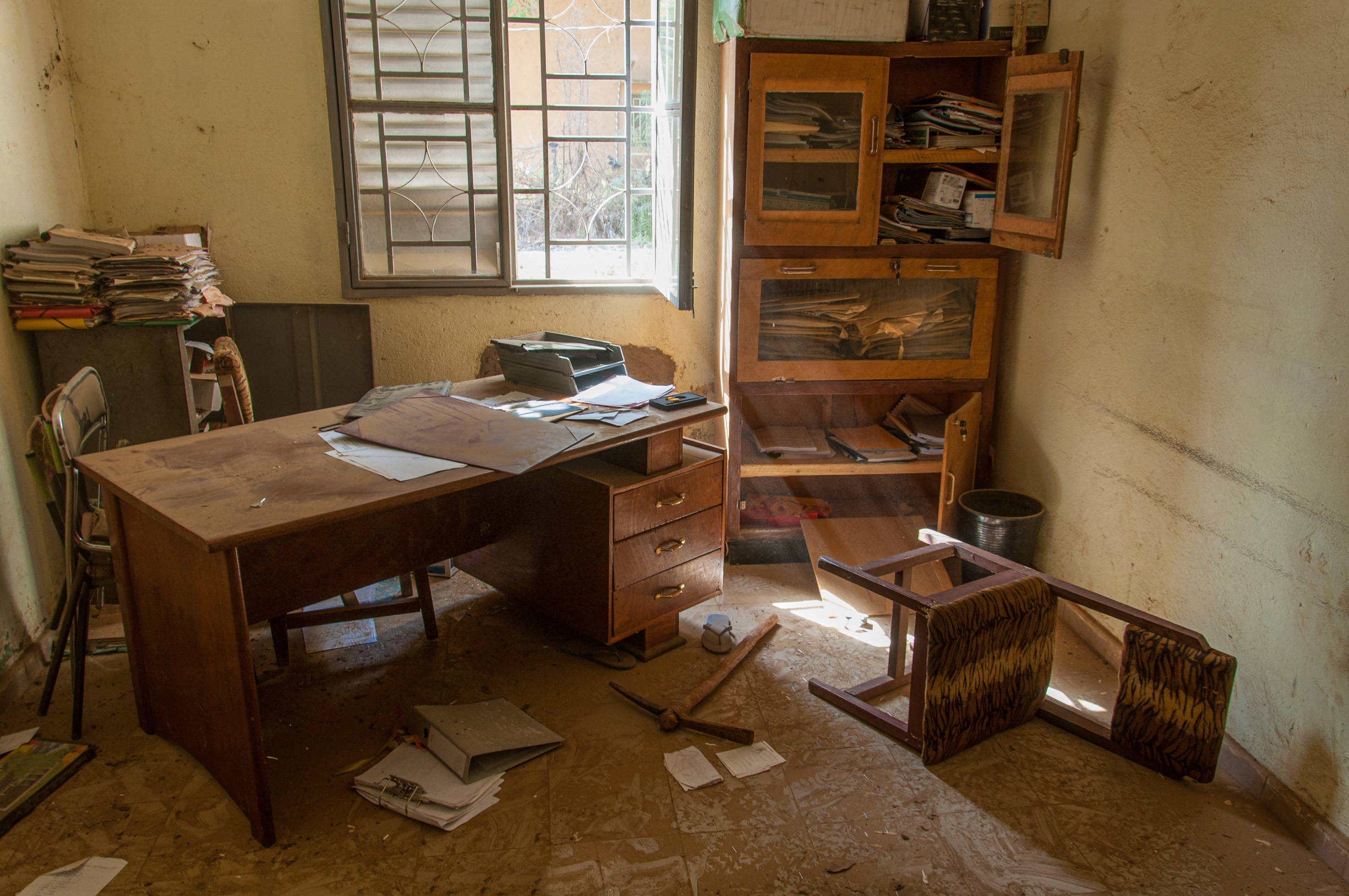- How witchcraft can affect your business in Africa
- Its role in society
- Dealing with witchcraft / animism
“Watch me become invisible, witness my powers” said the technician with a straight face. I turned my head to our maintenance manager and his expression told me that I better take this seriously. We were installing a camera system to survey access points to our finished products store and had just put up the first camera at the end of a corridor.
The technician had spoken as we were testing the camera’s image on a tablet to make sure that we had visibility of all relevant areas. Sensing my unease with the situation, our head of maintenance explained that our technician wanted to give us a demonstration of his power to become invisible to our new camera system. I nodded slowly in understanding.
The technician took a few steps back, looked sternly at the camera above the two of us and challenged us to check the image on the tablet to confirm that he was no longer visible. I turned the tablet around so that he could see for himself. “Ah”, he said, “I’m too close to the camera”. He walked a few metres further down the corridor and asked us to check again. “We can still see you” said our head of maintenance. The technician took another few steps away and the scene repeated itself until he had reached the end of the sixty metres long corridor. Disappointed and without further conversation he returned to us to continue with the installation of the next camera. Our head of maintenance and I exchanged a look of understanding and a faint smile and continued with our work.
How witchcraft can affect your business in Africa
Although the situation in the anecdote above is somewhat comical, the belief in witchcraft and its impact on your African business is real . The most important impact of the belief in witchcraft is on the morale and motivation of your staff. Every so often I faced a request if an offering could be made by representatives of the team to calm bad spirits. The anxiety among personnel about bad spirits is real and, in my case, I’ve always opted to allow these offerings.
Another example is the fear and panic caused by an epileptic seizure of a member of staff. Every six months or so, someone would have an epileptic seizure in the workplace. We had two or three people who were affected by epilepsy. The belief among many of our staff was that these seizures were caused by evil spirits and that these spirits had the capacity to jump from person to person during such a crisis. No need to imagine the panic and stress that arose whenever someone was affected: a few hundred staff ran for the exits of the factory and had to be calmed down and reassured before going back to work. Sometimes the panic was so bad that we had to close for the rest of the day. Apart from educating our middle management on epilepsy, our team ended up developing a protocol on how to deal with seizures quickly and decisively to reassure people and minimize its impact.
Its role in society
I’m by no means an expert on animism and its role in African societies. In this article I’m only sharing what I’ve experienced, my insights and how I’ve acted when confronted with it. The belief in animism and witchcraft runs deep in places. As they say about Burkina Faso, 70% of the population is Muslim, 30% is Christian and 100% is animist. My experience certainly matches this. I once had a long conversation about religion with a member of our management who is a practicing Christian. He made it clear that he believed that the Christian faith was the only thing that could protect him from evil spirits in animism. He strongly believed in both. Up to that conversation, in my mind, belief systems were mutually exclusive: you either believe in X or in Y, not in both.
Your mileage on how witchcraft affects your business will vary. In Zambia, I found that it was mostly in the background and that its impact remained limited to private lives. Not that it can’t be serious: my wife’s grandfather was beaten up as villagers believed he had caused the death of someone through witchcraft. It was a very threatening situation. He was singled out as a “witch”: a practice that unfortunately happens sometimes to elderly people in remote villages.
In Burkina Faso it was much more present in business too. It got close during my first few weeks in the country as I noticed that my bottled water kept disappearing overnight. Even almost full bottles were removed if the seal was broken. Later I learned that someone was concerned that the people involved in the malpractices that I was investigating would try to influence my work by adding something to the water.
Dealing with witchcraft / animism
How do you deal with witchcraft? Here’s the three points I learned:
- Treat animism like any other religion. Take it seriously. It can deeply affect your people’s behaviors and attitudes and if you don’t take it seriously, you risk offending or upsetting people. That’s hardly an effective way of dealing with anxieties or concerns.
- Understand your own limitations in grasping what the situation is about. Rely on someone with a deep understanding of local practices and beliefs. I could always rely on the local senior members of my team to provide counsel on how to deal with situations that came up and where animism was involved. Most of the time, I delegated dealing with such situations to them while I stayed in the background: simply being present with my mouth shut. Sometimes that’s the most powerful thing you can do.
- Use it to your advantage. I got lucky in more than one sense by becoming a father of twins, which has a special significance as twins are considered to be a good omen and to bring luck. (Caution! This is the case for large parts of Africa but in certain areas, like parts of Nigeria, twins are considered to be a bad omen!). Other than that, here’s two examples of how we used belief in witchcraft to our advantage:
- In Zambia some of our staff started to whisper that we must have supernatural powers as we always seemed to know what was happening in the business. Sure enough, the controls that we had put in place and the data we were collecting, combined with our experience allowed us to make educated guesses about staff integrity issues and start asking questions without having been on site (if you haven’t read our series of blogs on this, read the series “in the company of thieves…”). In such a case, there is no need to dispel the myth and clarify that it’s just the technology that makes you look like a wizard; it’s an effective form of deterrence.
- We had had cases of theft, and I had asked my team to find a way to have the goods returned. Instead of going to the police, the team made it public that they would consult a marabout or féticheur with the capacity to point out the thief through a lightning strike. Overnight the goods were returned to their place and thankfully no one got struck.
Whatever your beliefs, some form of animism is likely present wherever you operate in sub–Saharan Africa. Take it seriously, be respectful, rely on local knowledge and if conditions allow, use it to your advantage. Don’t let it damage your people and your business.





